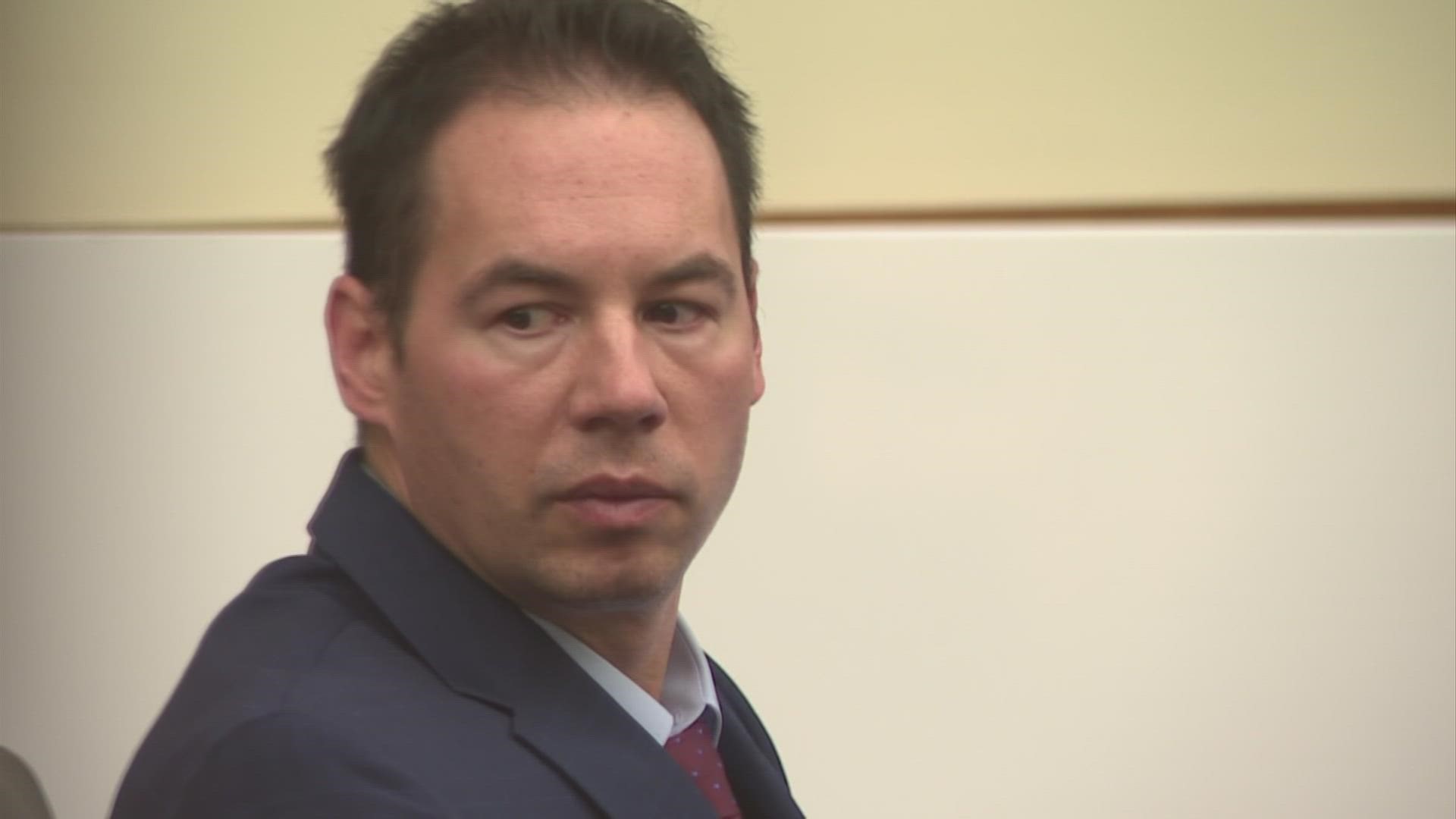COLUMBUS, Ohio — A Mount Carmel physician – Dr. Saad Hagras – testified he preferred to use doses of morphine and versed – and not fentanyl – when removing ventilators from patients who were critically ill and nearing the end of life.
Hagras also said he preferred to use lower, repeated doses from “order sets” of medication – using five milligrams of the opiate morphine and two milligrams of the sedative Versed when removing breathing tubes from patients with had do-not-resuscitate orders.
He told prosecutors he never used 1,000 micrograms of fentanyl during his practice at Mount Carmel hospital.
When asked why he wouldn’t give a higher dose of morphine – or one large dose all at once – Hagras responded:
“I didn’t see any indication to go beyond these doses in my practice,” he said, later adding: “This is my practice, I found these doses are enough to control the patient’s symptoms. I didn’t need to go beyond these doses.”
Those statements came during the fourth day of testimony in the murder trial of Dr. William Husel. Husel is accused of ordering fatal doses of fentanyl to be given to 14 patients under his care.
Prosecutors have said Husel’s dosing was 6 to 20 times higher than Mount Carmel’s recommended dose of morphine – another painkiller.
Husel has pleaded not guilty. His defense team has said the doses were meant as comfort care in order to prevent suffering in his patients. Prosecutors allege the doses hastened the patients’ deaths.
During cross-examination – which lasted two hours -- defense attorney Jose Baez asked Dr. Hagras a number of questions about practices inside Mount Carmel West’s intensive care unit – from how doses are approved by the pharmacy, to drug interactions to what procedures occur when a critically ill or near death patient’s ventilator is being removed.
During one exchange – Baez asked Hagras if physicians are also concerned about a patient’s family during the withdrawal of a breathing tube from a palliative patient?
Hagras said: “Correct.” Baez’ follow-up question was: “You don’t want to them to see their loved one suffer?” Hagras responded: “Correct.”
Baez also asked Hagras if it is possible that doctors could have different opinions. Hagras responded to the line of questioning by saying that “every doctor has comfortable level” and that “judging a doctor I don’t think it’s fair.”
Baez responded by saying “that’s because each experience is different” and that “so much of medicine is patient specific?” Hagras responded “yes.”
Later, Baez asked about specific instances involving medical procedures done to specific Husel patients – including Sandra Castle and Beverlee Schirtzinger.
Baez noted how Castle received additional opiates from another physician after her breathing tube was removed but prior to the order of fentanyl from Husel.
He also asked about measures taken with Beverlee Schirtzinger, but the following exchange was interrupted by Judge Michael Holbrook.
Baez: Dr. Husel did four rounds of CPR on Beverlee Schirtzinger before she had a heartbeat and a pulse returned. This is considered a life-saving measure?
Hagras responded: “yes.”
But immediately afterward, Holbrook ordered that the jurors ignore the question and response.
It was not immediately clear what prompted the objection.
According to 10 Investigates review of civil lawsuits related to the patient dosing scandal at Mount Carmel, Schirtzinger was one of five patients who the hospital identified as among the patients who might have seen their conditions improve with additional medical care.
To date, Mount Carmel Health System has paid out more than $20 million to the families of patients involved. The hospital initially identified 35 patients who may have received excessive or potentially fatal doses of medications that were ordered by Dr. Husel. Prosecutors narrowed their case to 25 patients who got 500 micrograms of fentanyl or more.
Last month, prosecutors dismissed 11 of the murder counts against Husel. Of the 14 that remain, 11 of them involve patients who got 1,000 micrograms or more.

